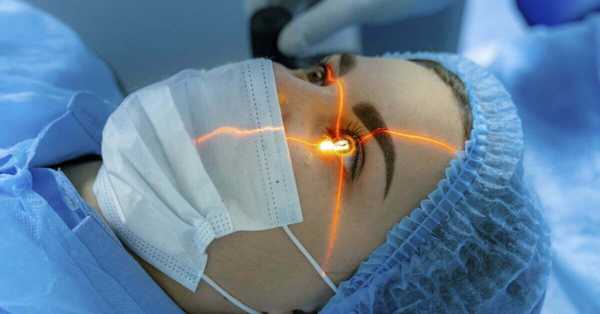Innovative Breast Cancer Therapies Changing Lives
Breast cancer, a condition that affects millions of individuals worldwide, has long been a focus of intensive research and innovation. Advances in science and technology are transforming the treatment landscape, offering new hope to patients and reshaping the way we approach this complex disease. From targeted therapies to groundbreaking immunotherapies, these innovations are not just treating breast cancer—they're changing lives.
Breast cancer, a condition that affects millions of individuals worldwide, has long been a focus of intensive research and innovation. Advances in science and technology are transforming the treatment landscape, offering new hope to patients and reshaping the way we approach this complex disease. From targeted therapies to groundbreaking immunotherapies, these innovations are not just treating breast cancer—they're changing lives.

1. Targeted Therapy: Precision Medicine in Action
Targeted therapies are revolutionizing breast cancer treatment by focusing on specific molecular markers that drive cancer growth. For example, HER2-positive breast cancers, once associated with a poorer prognosis, can now be effectively treated with drugs like trastuzumab (Herceptin) and pertuzumab. These therapies block the HER2 protein, reducing tumor growth and improving survival rates.
New advancements include antibody-drug conjugates (ADCs), which combine the targeting ability of antibodies with the cancer-killing power of chemotherapy. Drugs like trastuzumab deruxtecan are offering patients improved outcomes with fewer side effects compared to traditional treatments.
2. Immunotherapy: Harnessing the Body's Defenses
Immunotherapy, which helps the immune system recognize and attack cancer cells, has been a game-changer in oncology. In breast cancer, immune checkpoint inhibitors like pembrolizumab are showing promise, particularly for triple-negative breast cancer (TNBC), a subtype with limited treatment options.
Emerging research into vaccines for breast cancer is another exciting area. These vaccines aim to train the immune system to target specific proteins expressed by breast cancer cells, potentially preventing recurrence and improving long-term outcomes.
3. Genomic Testing and Personalized Treatment
Genomic testing has empowered oncologists to tailor treatment plans based on the genetic makeup of a patient's cancer. Tests like Oncotype DX and MammaPrint analyze the activity of specific genes to predict the likelihood of recurrence and determine whether a patient would benefit from chemotherapy. This approach spares many patients from unnecessary treatments and their associated side effects.
4. Minimally Invasive Therapies
Advances in minimally invasive treatments, such as cryoablation and high-intensity focused ultrasound (HIFU), are providing alternatives to surgery for certain breast cancers. These therapies destroy tumors using extreme cold or focused ultrasound waves, reducing recovery times and preserving quality of life.
5. Artificial Intelligence in Early Detection and Treatment Planning
Artificial intelligence (AI) is playing a critical role in the early detection of breast cancer. AI-powered tools analyze mammograms with greater accuracy, identifying abnormalities that might be missed by the human eye. Moreover, AI algorithms are assisting in treatment planning by predicting patient responses to different therapies, ensuring optimal care.
6. Supportive Technologies and Survivorship Care
Technological innovations extend beyond direct cancer treatment. Wearable devices and mobile apps are helping patients manage side effects, monitor their health, and stay connected with their care teams. Survivorship care plans, supported by digital tools, focus on long-term health and quality of life, addressing issues like lymphedema, fatigue, and emotional well-being.
A Brighter Future
The rapid pace of innovation in breast cancer therapy is offering patients more effective, personalized, and less invasive treatment options than ever before. While challenges remain, particularly in ensuring global access to these advancements, the outlook for those diagnosed with breast cancer is more hopeful than ever. As research continues, these therapies promise not only to extend lives but also to improve their quality, proving that science truly has the power to change lives.








